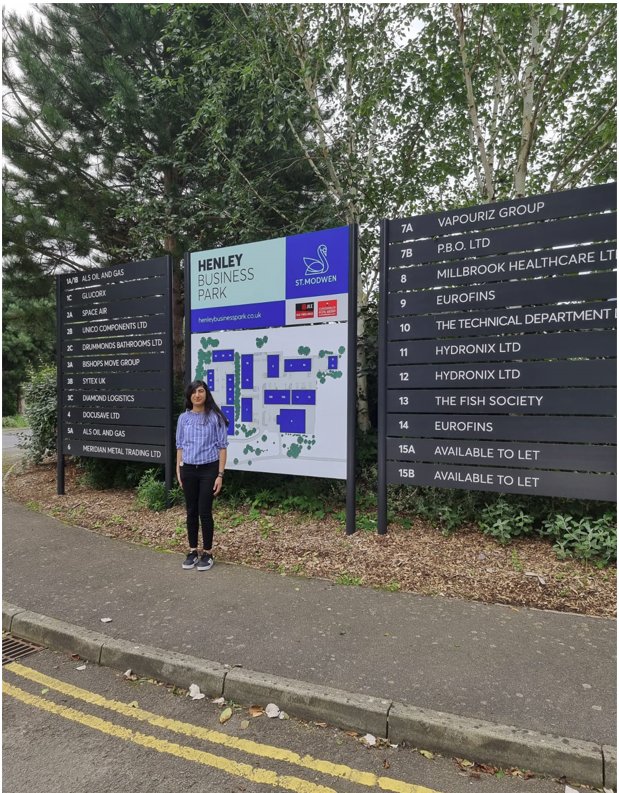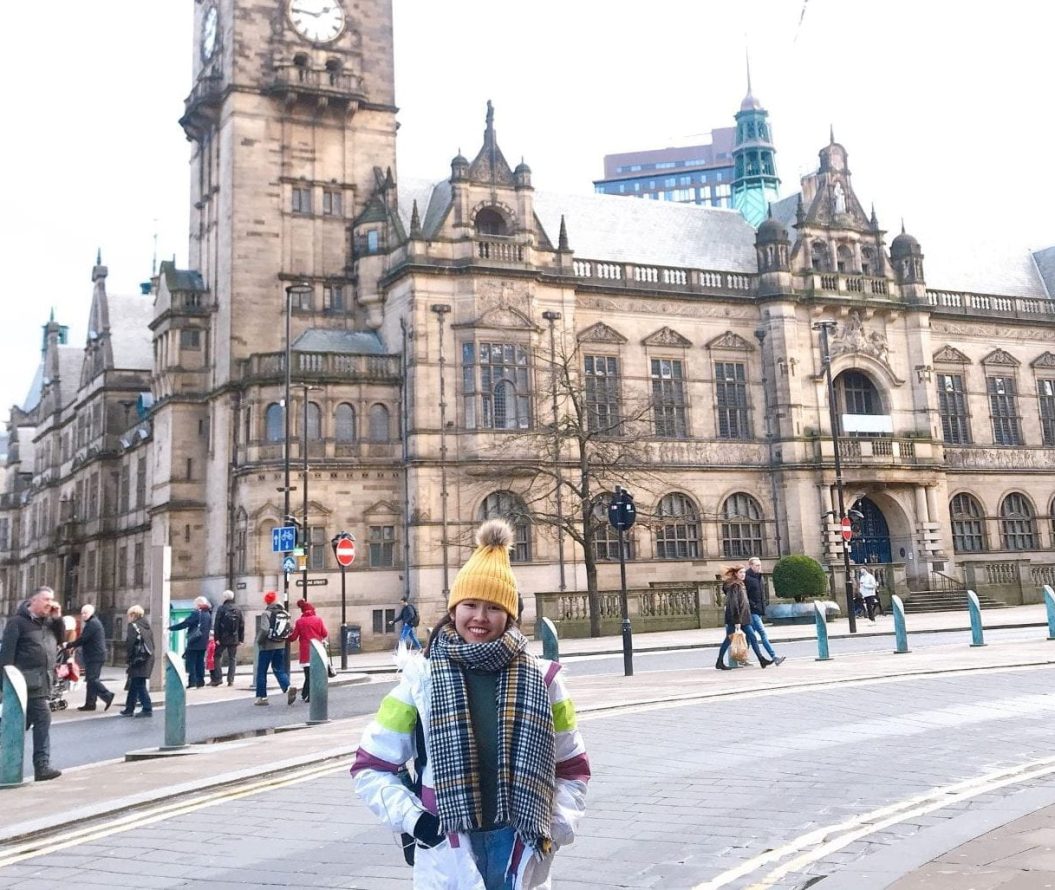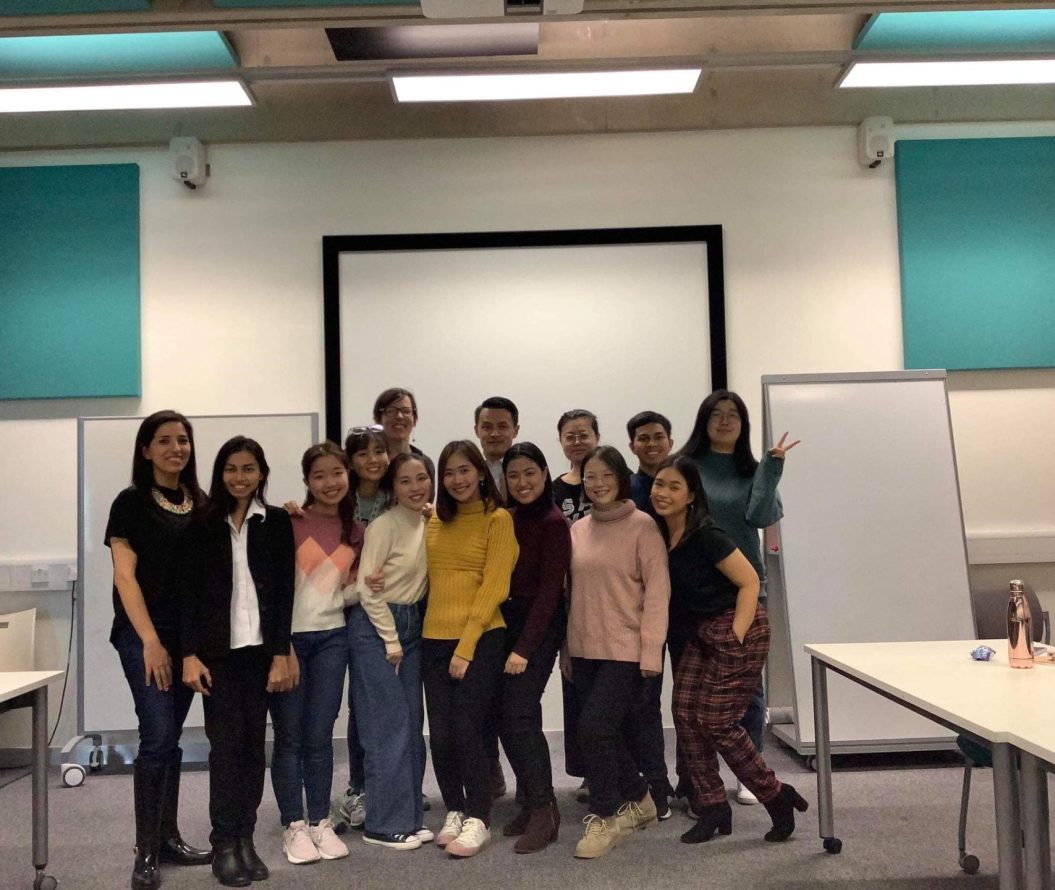Hi, I'm Sonali! I am a final year student studying a MChem Chemistry degree at the University of Lincoln. In my spare time I like singing, writing my own songs and playing badminton. I am also passionate about raising money…

Are you a university student looking for a placement? Then read this article to find out more on how you can apply for placements and the things you can do to make your applications a success.
My Experience
This summer I completed a work placement at Eurofins Laboratories in London, and I am currently in the process of applying for a one-year placement. During the application process, I experienced assessment centre group challenges, psychometric and cognitive-based tests, as well as, competency and technical based interviews.
How to find a placement
If you are sure that you want to do a placement then I would recommend you start planning early, which is how I managed to find my placement. Make sure you attend careers fairs held by industries, carry out research on industries, understand what they are looking for and make sure you are on track to achieve the required grades.
I found my placement by, first of all, updating my CV and composing a cover letter, I then started looking at the different types of industries and the current placements which were advertised in my field on a range of websites including Glassdoor, Indeed and Gradcracker, as well as looking at the typical salary paid, the ratings and reviews from previous employees. So if you have not already done so I highly recommend you create or update your CV and also write a cover letter before you start applying. More information on how to write a CV and cover letter can be found here: https://www.prospects.ac.uk/careers-advice/cvs-and-cover-letters.
I would then look at websites such as prospects and RateMyPlacement, as here you can have a browse of the type of placements available and also find out about their annual salary and highly reviewed and rated employers. Furthermore, the employability and careers services or the placements team in your college (if this is something available at your college) at the university can give you guidance, help you find a placement in your field of interest, provide you with some feedback on your CV and cover letters as well as help you with interviews.

1. What are the stages involved when applying?
When applying for a placement, there are usually six stages to your application and these are:
Step 1 – Receiving your application: Here the HR manager receives your application.
Step 2 – Pre-selection: Candidates which do not fulfil the basic criteria are filtered out.
Step 3 – Document Evaluation: Here your CV and cover letter are analysed.
Step 4 – Shortlisting.
Step 5 – Interview: Your personality, values, behavioural characteristics and cognitive intelligence will be tested.
Step 6 – The Waiting Game: Sit back and relax!
2. Psychometric and Cognitive Based Assessments
Psychometric Assessments – This type of assessment helps employers to identify your skills, knowledge, interests, motivations, values and analyse how your character fits in with the role and the industry. This assessment is mainly used at the preliminary screening stage and is completed online, in timed conditions but can be completed in multiple sittings.
Cognitive Based Assessments – This assesses your cognitive ability to help employers determine whether you have the right skill set for the role. This is also administered under timed conditions where you will be given one minute to answer each question which is in the form of a multiple-choice.

Upon completing these assessments a candidate report is sent out to you via email, containing a score on how well you performed, this report also includes a detailed description of your skillset and personality.
3. Types of interviews
Competency-based Interview – These are behavioural, motivational, structured and situational questions and are designed to test one or more of your skills. The interviewer has a list of questions, focussing on a specific skill. Your answers will be written down and compared against the pre-determined criteria and marked accordingly.
Technical Interview- These are designed to mainly assess your problem-solving abilities and how you managed to approach a given problem. Technical interviews directly relate to the specific role you have applied for so read the description of the role carefully and make sure you feel confident about the skills they require.
These interviews can be carried out via telephone, video call such as through Microsoft Teams or using an online written platform.
4. Assessment Centres
This includes a series of tasks and activities which test your suitability for the role. You will have the opportunity to showcase your skills than you would have been able to in a normal interview. This is hosted anything from an afternoon to 2 days and is the final stage of the selection process. You are joined by 6 to 8 other candidates, but it is important here that you keep focused on your own performance and not on anybody else’s.

Overall, from personal experience, I would say it is very competitive and difficult to find a placement, but you have to keep going, placements are out there but you just have to put the work in to find it, be determined and don’t give up and you will find the perfect placement. Good Luck!




